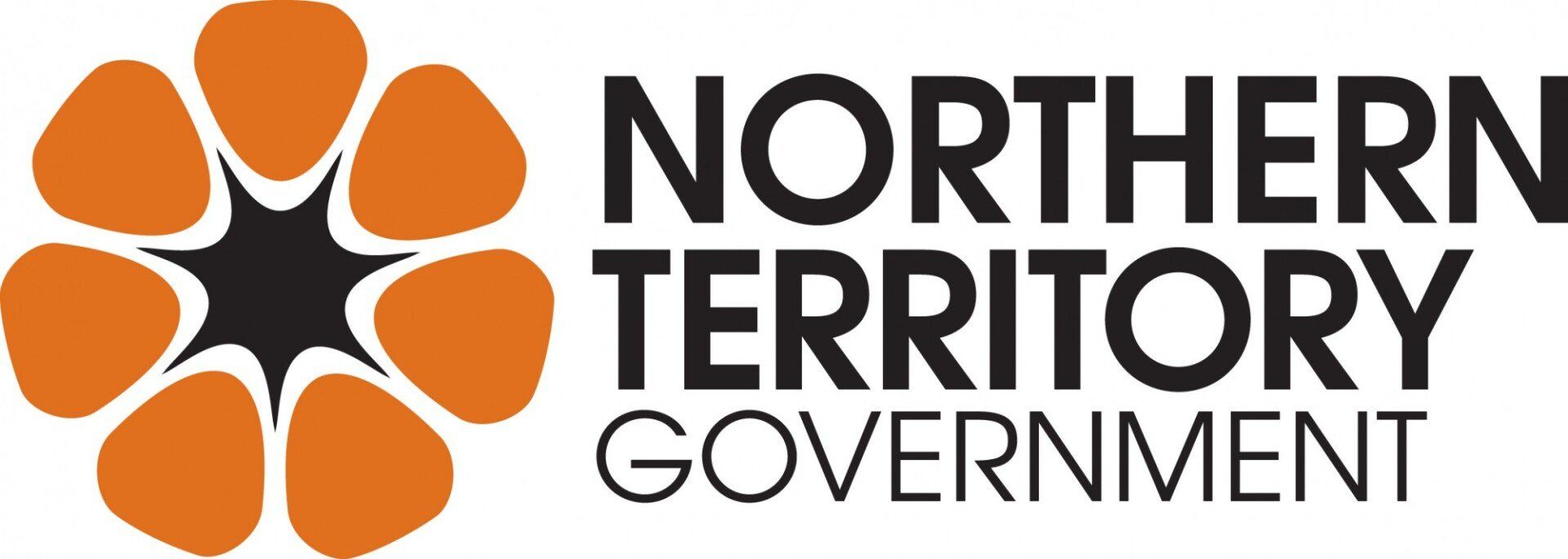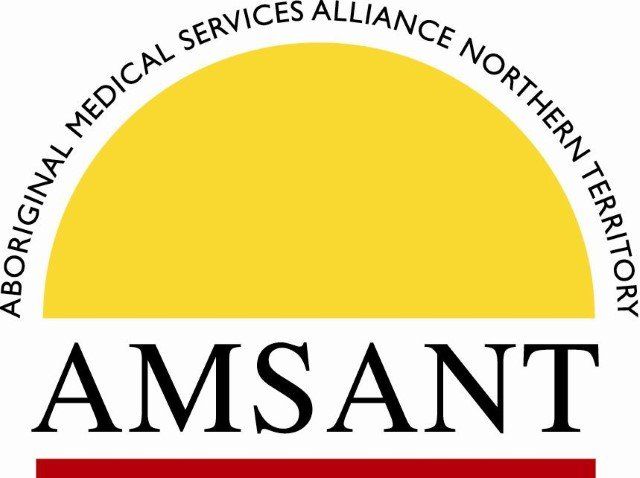How can I help?
When someone is experiencing a mental health condition, they will often speak to friends and family before going to a health professional, which means your support is really valuable. Knowing how to help can be hard, but there are lots of simple things you can do to help.
Providing emotional support by listening and asking what you can do to help, or calling them to see how they are, can make a difference to someone’s mental health. There are also practical things you can do, such as giving them a lift to an appointment, writing down notes from their doctor, or helping them with medical paperwork to help support them.
Visit Beyond Blue to learn more about supporting someone with a mental health condition
Visit SANE Australia to learn more about supporting a young person you are concerned about
What if they are feeling suicidal?
In an emergency, always call
000.
If you're worried about someone and unsure how to talk to them about it, seeking help or guidance online can be a good place to start. Beyond Blue offers
helpful information on supporting someone who is feeling suicidal. And there are
tools and tips
available to help young people communicate safely online about suicide.
Who can
help in the NT?
In the NT there is a range of professional support available, like a GP, an Aboriginal Health worker or counselor, to support people’s mental health. You may also find it helpful to seek out others, through a lived-experience network, who are going through a similar experience.
What rights do I have?
As a carer, you have needs and responsibilities that are separate to those of the person you’re caring for. You can be given consent from the person you’re supporting to help them make decisions about their treatment, care and discharge plans. This could also include getting access to their medical information from their treating doctor.
You play an important role throughout all stages of treatment, care and recovery for the person you're supporting.
What support is there for me?
There are online and face-to-face services available to support family members, friends, and carers of people with mental health conditions. These services offer practical, financial, and emotional support through things like respite care, training, and peer support networks.
Carer Gateway provides help, advice and connects people with local carer networks Australia wide.
Peer support networks like the Mental Health Carer Forum at SANE Australia are safe places to share your experience of caring for someone living with complex mental health issues.
Other local carer support services, that connect people directly with local carer support in the NT, include
CarersNT and
Mental Illness Fellowship of Australia (NT) Inc.
What support is there for young carers?
If you’re under 25 and supporting someone with a disability, illness, mental health condition, or drug and alcohol problem, it's important to try take care of yourself as best you can.
Visit the the Young Carers Network to learn about support services, access resources, and share your story and opinions with others who going through similar experiences.
What training is available in mental health and suicide prevention?
There are a range of training programs, both face-to-face and online, that can assist you to better understand and care for people who experience mental illness, as well as learn skills for suicide intervention.
If you or your organisation are interested to participate in mental health and suicide prevention training, contact either of the servcies below to find out more about their programs and future training opportunities


